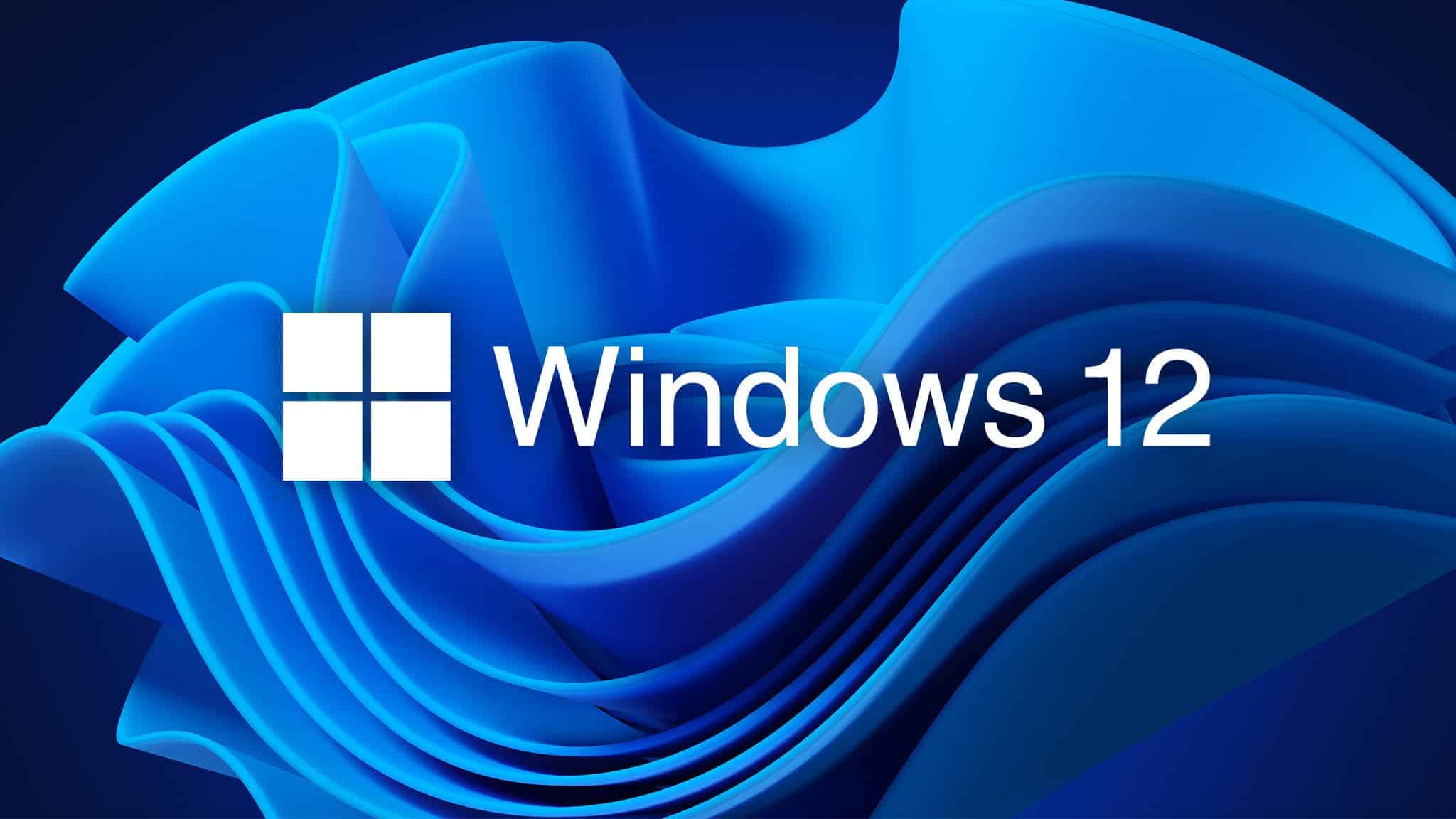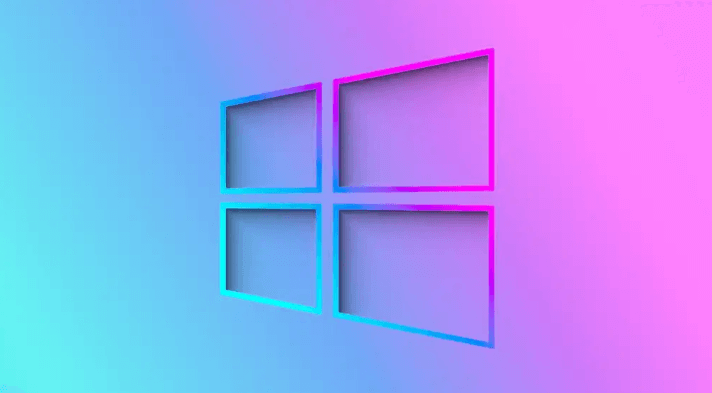Despite Microsoft’s official statement that Windows 10 would be the “last version” of the popular operating system, rumors have persisted about a possible successor called Windows 12. While there is no official information about a Windows 12 release, let’s explore what the operating system might include if it were to be launched.
Improved User Interface If Windows 12 were to be released, one of the most significant changes we could see is an improved user interface. Windows 10 has already received several updates to its design, including the introduction of the Fluent Design System. However, a new operating system could feature a more streamlined interface, with an emphasis on ease of use and customization.
Some speculate that a new version of Windows could offer more personalization options, allowing users to adjust the look and feel of their desktops more easily. Additionally, Windows 12 could include more intuitive touch controls, making it easier to use on tablets and other touchscreen devices.
Enhanced Performance Another area where Windows 12 could see significant improvements is in performance. Although Windows 10 is generally considered a stable and reliable operating system, there is always room for improvement. If Microsoft were to release a new version of Windows, we could see enhancements to system speed, boot times, and overall stability.
In particular, a new version of Windows could offer better support for high-end hardware, such as gaming PCs or workstations used for intensive tasks like video editing or 3D modeling. This could include optimizations for multi-core processors, faster storage options like NVMe, and more efficient memory management.
Advanced Security Features As cyberattacks become more sophisticated and more frequent, security is a top priority for any operating system. If Microsoft were to release a new version of Windows, we could see even more advanced security features than those offered by Windows 10.
For example, Windows 12 could include more robust encryption options, making it more difficult for hackers to gain access to sensitive data. It could also feature improved firewall controls, more advanced malware detection and removal tools, and tighter integration with cloud-based security services.

Expanded Compatibility Windows 10 is compatible with a wide range of hardware and software, but there is always room for improvement. If Microsoft were to release a new version of Windows, it could offer even greater compatibility with older hardware and software, making it easier for users to upgrade without having to replace all their existing equipment.
Additionally, a new version of Windows could offer improved compatibility with Linux and other open-source operating systems, making it easier for developers and power users to run a wider range of software on their Windows machines.
Improved Gaming Support Finally, if Microsoft were to release a new version of Windows, we could see improved gaming support. Windows 10 is already considered the go-to operating system for PC gaming, but a new version of Windows could offer even more enhancements to support this growing industry.
This could include better support for high-end graphics cards, faster frame rates, and improved compatibility with virtual reality and augmented reality hardware. Additionally, a new version of Windows could offer better optimization for online gaming, reducing lag and improving the overall gaming experience.
Conclusion While there is no official word on a possible Windows 12 release, it is fun to speculate about what a new version of Windows might include. If Microsoft were to launch a new operating system, we could see significant improvements to performance, security, compatibility, and gaming support.
However, it is worth noting that Microsoft has already moved away from the traditional model of releasing major new versions of Windows every few years. Instead, the company is focusing on delivering regular feature updates to Windows 10, with a new update released twice a year.
This approach allows Microsoft to continue improving and updating Windows 10 with new features and capabilities, without the need for users to purchase a new operating system every few years.





